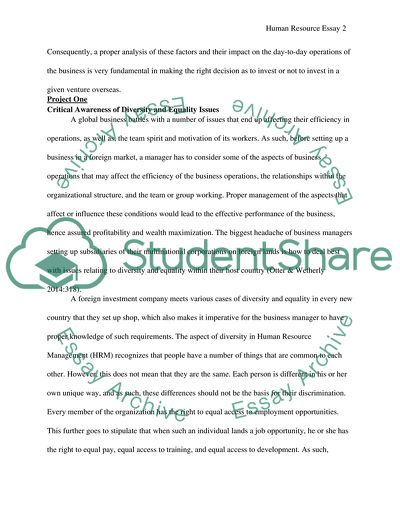Cite this document
(“How do religion, culture and ethnicity affect the success or failure Essay”, n.d.)
Retrieved from https://studentshare.org/human-resources/1632424-how-do-religion-culture-and-ethnicity-affect-the-success-or-failure-of-a-global-enterprise-and-what-factors-could-impact-upon-the-decision-making-of-the-global-entrepreneur
Retrieved from https://studentshare.org/human-resources/1632424-how-do-religion-culture-and-ethnicity-affect-the-success-or-failure-of-a-global-enterprise-and-what-factors-could-impact-upon-the-decision-making-of-the-global-entrepreneur
(How Do Religion, Culture and Ethnicity Affect the Success or Failure Essay)
https://studentshare.org/human-resources/1632424-how-do-religion-culture-and-ethnicity-affect-the-success-or-failure-of-a-global-enterprise-and-what-factors-could-impact-upon-the-decision-making-of-the-global-entrepreneur.
https://studentshare.org/human-resources/1632424-how-do-religion-culture-and-ethnicity-affect-the-success-or-failure-of-a-global-enterprise-and-what-factors-could-impact-upon-the-decision-making-of-the-global-entrepreneur.
“How Do Religion, Culture and Ethnicity Affect the Success or Failure Essay”, n.d. https://studentshare.org/human-resources/1632424-how-do-religion-culture-and-ethnicity-affect-the-success-or-failure-of-a-global-enterprise-and-what-factors-could-impact-upon-the-decision-making-of-the-global-entrepreneur.


